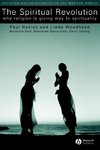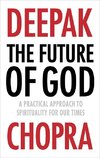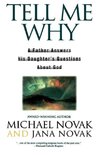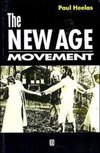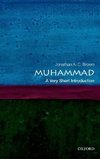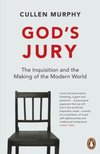
-
 Anglický jazyk
Anglický jazyk
Orthodox Judaism
Autor: Source: Wikipedia
Source: Wikipedia. Pages: 82. Chapters: Halakha, Haredi Judaism, Temple Mount and Eretz Yisrael Faithful Movement, Torah Judaism, Yeshivish, ArtScroll, List of eruvin, 2004 attempt to revive the Sanhedrin, Ritual washing in Judaism, Torah Umadda, Torah im... Viac o knihe
Na objednávku
20.61 €
bežná cena: 22.90 €
O knihe
Source: Wikipedia. Pages: 82. Chapters: Halakha, Haredi Judaism, Temple Mount and Eretz Yisrael Faithful Movement, Torah Judaism, Yeshivish, ArtScroll, List of eruvin, 2004 attempt to revive the Sanhedrin, Ritual washing in Judaism, Torah Umadda, Torah im Derech Eretz, Trembling Before G-d, Modern attempts to revive the Sanhedrin, Nederlands Israëlitisch Kerkgenootschap, Mosaic authorship, Misnagdim, NCSY, Charles Liebman, Da'as Torah, The Temple Institute, Masbia, Military Rabbinate, Payot, Shema Yisrael Torah Network, Gush Emunim, Benjamin Blech, Mashgiach, Sephardic Haredim, Gender separation in Judaism, Elisheva Carlebach Jofen, KEDMA, Soncino Press, Beth midrash, Uncle Moishy and the Mitzvah Men, Lev L'Achim, Da'at Miqra, Chassidei Ashkenaz, Frum, Jewish fundamentalism, Association of Orthodox Jewish Scientists, Tradition, Frumster, Kol Mevaser, BC Kosher, Off the derech, Halachic Organ Donor Society, Jeffrey S. Gurock, Bein Hazmanim. Excerpt: Halakha (Hebrew: ¿) - also transliterated Halocho (Ashkenazic Hebrew pronunciation), or Halacha - is the collective body of Jewish law, including biblical law (the 613 mitzvot) and later talmudic and rabbinic law, as well as customs and traditions. Judaism classically draws no distinction in its laws between religious and ostensibly non-religious life; Jewish religious tradition does not distinguish clearly between religious, national, racial, or ethnic identities. Halakha guides not only religious practices and beliefs, but numerous aspects of day-to-day life. Halakha is often translated as "Jewish Law", although a more literal translation might be "the path" or "the way of walking". The word derives from the Hebrew root that means to go or to walk. Historically in the diaspora, Halakha served many Jewish communities as an enforceable avenue of civil and religious law. Since the Age of Enlightenment, emancipation, and haskalah in the modern era, Jewish citizens are bound to Halakha only by their voluntary consent. Under contemporary Israeli law, however, certain areas of Israeli family and personal status law are under the authority of the rabbinic courts and are therefore treated according to Halakha. Some differences in Halakha itself are found among Ashkenazi, Mizrahi, Sephardi, and Yemenite Jews, which are reflective of the historic and geographic diversity of various Jewish communities within the Diaspora. The name Halakha is derived from the Hebrew halakh ¿¿¿, which means "to walk" or "to go"; thus a literal translation does not yield "law", but rather "the way to go". The term Halakha may refer to a single law, to the literary corpus of rabbinic legal texts, or to the overall system of religious law. The root may be Semitic aqqa, meaning "to be true, be suitable". Halakha is often contrasted with Aggadah, the diverse corpus of rabbinic exegetical, narrative, philosophical, mystical, and other "non-legal" literatures. At the same time, since writers of Halakh
- Vydavateľstvo: Books LLC, Reference Series
- Rok vydania: 2020
- Formát: Paperback
- Rozmer: 246 x 189 mm
- Jazyk: Anglický jazyk
- ISBN: 9781157070399

